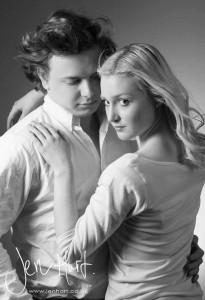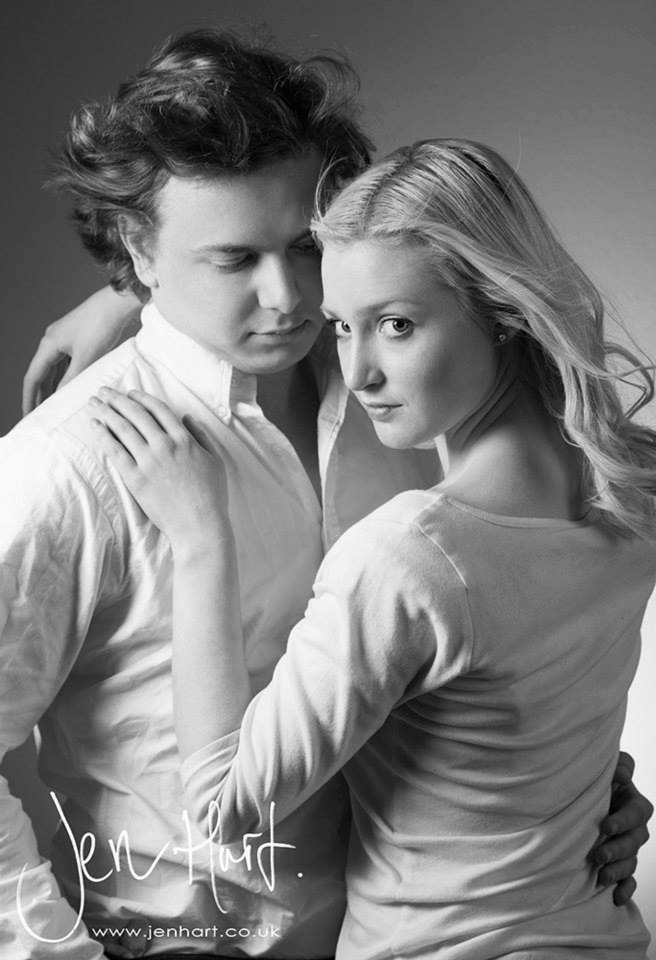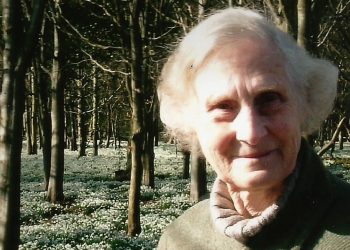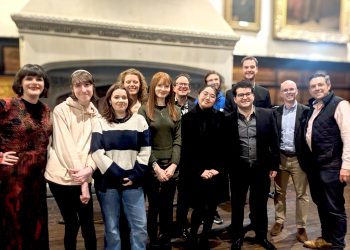Liebe … l’amour … amor … amoris

There are as many truths about love as there are poets to write about it, musicians to sing about it, languages to express it and people to feel it. It can come without warning, bringing excitement, joy and flowers, there might be bitter tears, but if all goes well, there are sweet blessings to be won. It can make you cry, it can send you into ecstasies, or if all else fails, there’s always wry laughter. This is the story of love that fourteen of Miranda Wright’s singing students told us, in a seamless and cleverly constructed programme that mixed art song, opera and folk songs with poetry and acting. Every singer played a part throughout the evening, listening and responding to whoever happened to be singing; they were lovers, flirts, or friends who were there to rejoice or give comfort through love’s twists and turns.
Everything starts off so well; Clare Tunney leads a warm ensemble performance of Since first I saw your face and lovers gaze at each other over a table, hands entwined, but Paulo Tosti’s Tristezza sung with passion by David Powton over Julia Kennard’s atmospheric piano accompaniment hints of trouble ahead. Any doubts are swiftly banished by mezzo Marnell Blair purring that Man is for the woman made by Purcell, whilst slinking around the cabaret tables at the front of the hall, where singers and audience mingle.
If it all gets too much, Ana Fernandez-Guerra suggests in her witty recital of Mandy Coe’s poem that it’s much less complicated to go to bed with a cheese and pickle sandwich but Sophie Kidwell and Tom Rowarth were clearly having none of that, turning Purcell’s My dearest, my fairest into a smouldering telephone conversation.
Love apparently can’t happen without a good dose of roses, beginning with Liam Jones leading a happy ensemble performance of Oh my love is like a red, red rose. Tom Rowarth now turns his attentions to Ana Fernandez-Guerra and her response to his touching performance of Quilter’s Damask roses was to sing Thomas Arne’s O ravishing delight to her friends, zipping lightly around the fast runs with unabashed joyfulness.
After the interval the lovely sadness of the Scottish song Eriskay love-lilt, sung by Hannah McCullagh and the ensemble warns us that love’s story was going to take a turn for the worse, culminating in a truly heartbreaking performance by mezzo Sarah Ryan of Massenet’s Va Laisse couler mes larmes. Harriet Beckham held the moment with her mesmerising recital of Byron’s poem When we two are parted before being joined by Catherine O’Connor to bring gentle comfort with Quilter’s Weep you no more, sad fountains whilst Sarah Ryan sat slumped, weeping at the table where earlier she had been the happy lover.
It isn’t all woe though and if we’re lucky we can turn our misfortune in love to laughter. Mezzo Charlotte Heslop displayed her comic genius with Mother, I will have a husband by Gordon Jacob, Emily Bullock brought lightness and fun to Anthony Hopkins’s A melancholy song and Clare Tunney expanded Wendy Cope’s poem Bloody men into a piece of impeccably timed comic theatre.
And if we’re very lucky, we can find the blessing of true love, the sort that lasts forever. I’ve usually heard Love’s Philosophy by Quilter as a complaint, but David Powton’s boldness suggested instead an unswerving confidence that the single state won’t last for long. Quilter’s arrangement of Drink to me only with thine eyes followed, with ringing power from bass-baritone Ben Noble.
Displaying the same poise she had given to the Byron poem, Harriet Beckham was ravishing in Grieg’s Ich liebe dich, her voice full of tone and passion but with assured control. Clare Tunney’s rich soprano summed up the complexities and contradictions of love with Richard Strauss’s Zueignung.
Perhaps in the end the answer is to take W.H. Auden’s suggestion in Tell me the truth about love that we can’t possibly make any sense of love. Britten’s setting was transformed here into an ensemble piece, with the lines shared around the men and women who had spent the evening sharing their own truths about love.
The Miranda Wright Singers perform “Tell me the truth about love” again on Tuesday 5 August at The Witham, Barnard Castle. Tickets are still available – book online here








